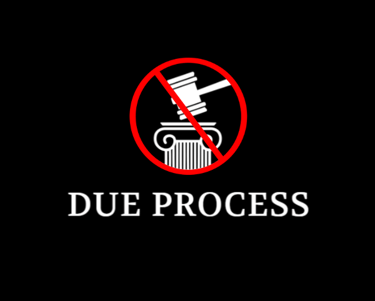What is parental alienation?


Parental alienation is a complex and damaging phenomenon that occurs when one parent intentionally undermines the relationship between a child and the other parent. This behaviour often manifests through negative comments, manipulation, or even outright lies about the other parent, leading the child to develop an unjustified fear or hatred towards that parent. The motivations behind parental alienation can vary widely, ranging from a desire for control to unresolved conflicts from the parents' own relationship. Understanding this definition is crucial for alienated parents, as it lays the groundwork for recognizing the signs of alienation and its impact on both their children and themselves. Children caught in the crossfire may experience confusion, guilt, and emotional turmoil as they navigate their divided loyalties. They may struggle to form healthy relationships later in life, often replicating patterns of mistrust and anxiety. For the targeted parent, the pain of being alienated from their child can lead to feelings of helplessness, depression, and a sense of loss akin to grief. This disruption not only affects the immediate parent-child relationship but can also ripple through the wider family structure, altering interactions with extended family members and potentially leading to further isolation.
The emotional distress associated with parental alienation can manifest in various ways, including anxiety, depression, and a sense of loss. Parents often grapple with the heart-wrenching reality of being denied access to their children, leading to a profound sense of grief similar to that experienced during bereavement. This emotional upheaval can compromise a parent’s mental health, making it even harder to cope with the ongoing conflict. Recognizing these feelings is the first step toward healing, as it allows parents to validate their experiences and seek appropriate support.


When considering the parental alienator, their unique attributes and behavioural aspects, should we thoroughly examine the building blocks of what makes up a parental alienator? They mirror all the symptoms from the Cluster B category. These symptoms highlighted in earlier chapters, such as abandonment issues, paranoia and delusional thinking. Hypothetically, the alienator would suspect and think ahead through rumination of the possible outcomes relating to their outrageous behaviours. The what-if scenarios with their partner or children. Possibly, this conclusion will be based on past relationships, friendships, jobs, family, and so on, and it will be a summary of all the social rejection stemming from behaviours they exhibit that they cannot manage.
This would give them the idea or feeling that perhaps soon, their own child will end up picking sides just like so many people have done in the past; that choice would be a unanimous decision of the other, more stable parent.
This would be the last straw. Put yourself in their shoes; think like they do for just a moment. To lose your child due to the behaviour that you deemed acceptable to lash out to you’re loved ones, this wouldn't be a loss of just a son or a daughter; it would be a loss of validation.
This would encourage any form of parental alienation, going as far as damaging the other parent's credibility and eradicating them from the picture by any means necessary. They would want the other parent to feel in danger of even wanting to spend time with their child or children. This fear would stem from the possibility of what the alienated parent could do next, bringing a shock value of dirty tactics to the mix and demonstrating a complete lack of empathy along the way. They would invoke possible unforeseen outcomes, creating distress. They would invoke the fabrication of stories to establish safety or protective orders, including false allegations and allegations that meet the criteria in a court system to abolish the other parent from visitation or access.
The superior feeling of victory against an opponent with the ability to manipulate a judge and attorneys, for example, putting their opposition on the back foot. That's what the other parent is to them, the opposition, and the best interests of the child aren't at play here due to the lack of empathy. A Cluster B type personality will look upon their partner as their opposition even when they are trying to love and support them.
The inability to realise that things can improve between them, even if they have arguments or fights, for example, there is always room for growth and improvement. But Cluster B is incapable of this transformation; the impulsive nature of these personality types brings about these combative outcomes. Also, the narcissistic personality type would want to be the first to strike due to possible narcissistic injury and the probability of the other parent whistle-blowing the first narrative of what is actually going on, which is repulsive to the Narcissist.
Excerpt taken from
You've Crossed The Borderline
The Correlation Between False Allegations,
Parental Alienation & Cluster B
From the subchapter-
Other possible reasons or outcomes that contribute to Parental Alienation
Chapter 8 Inside the Psyche of the Parental Alienator
2025 All Rights Reserved
